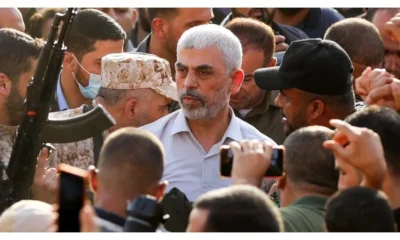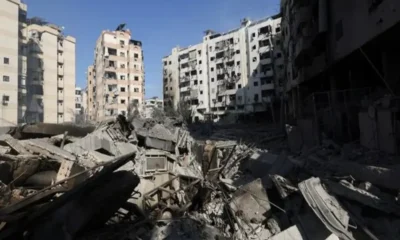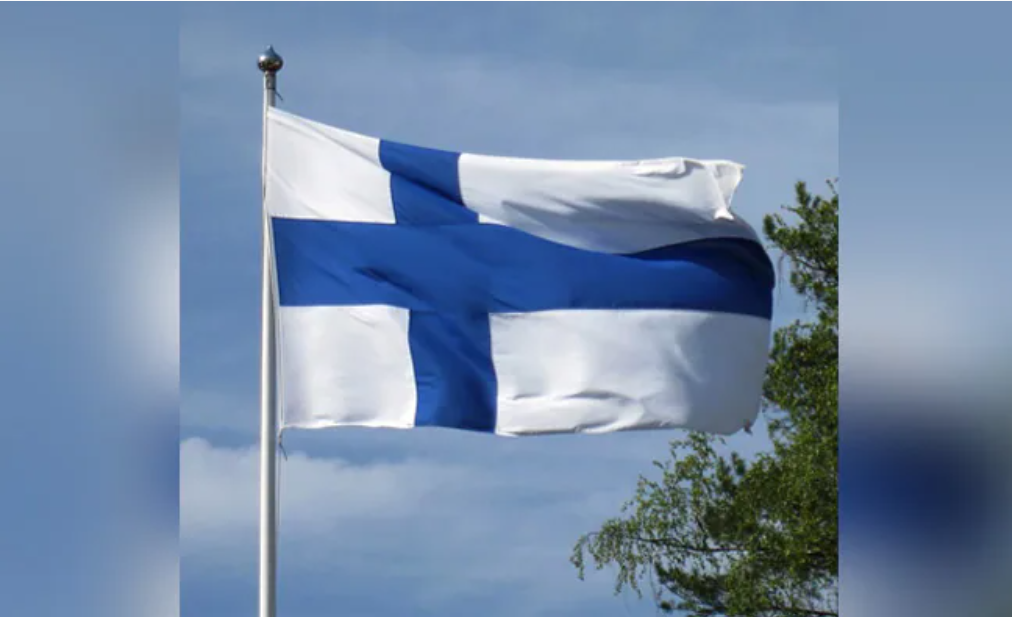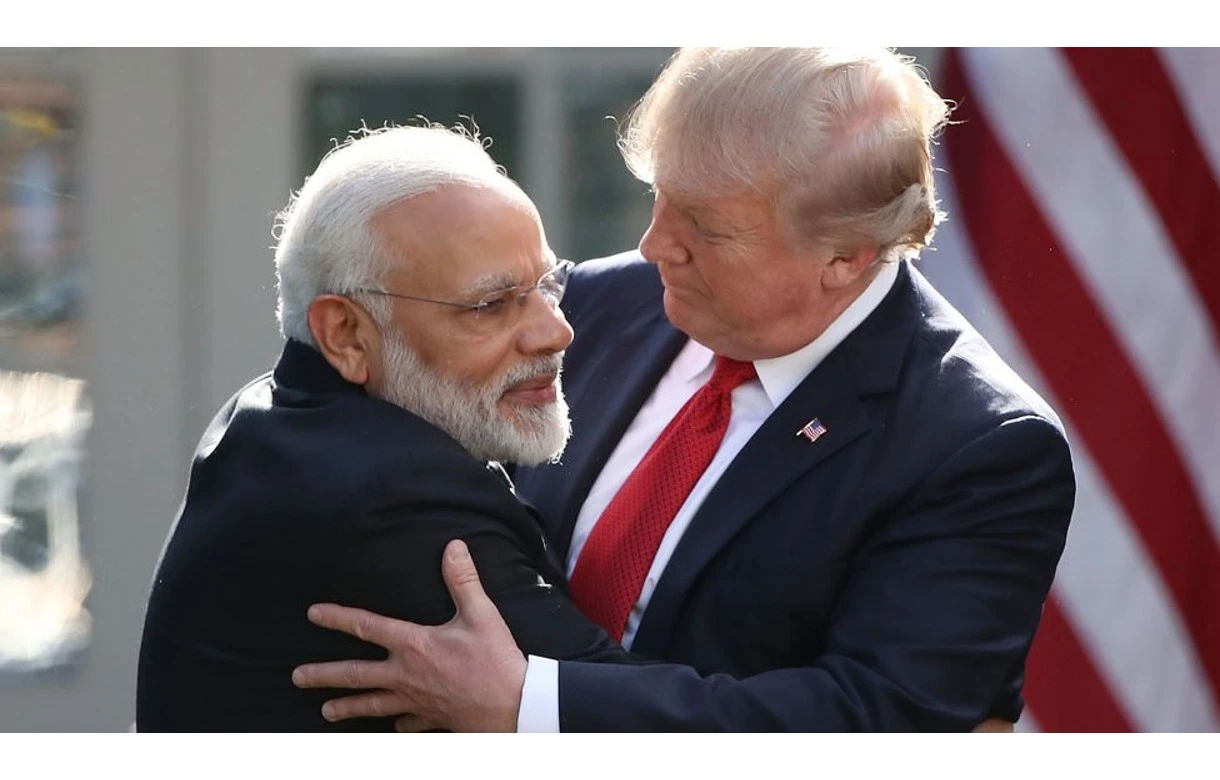Latest world news
Israeli troops enter Hezbollah tunnels amid ongoing ground raids in Lebanon
Israeli troops had already entered Hezbollah tunnels near the nation’s border with Lebanon before the Israeli Defense Force made the ground invasion announcement on Tuesday morning
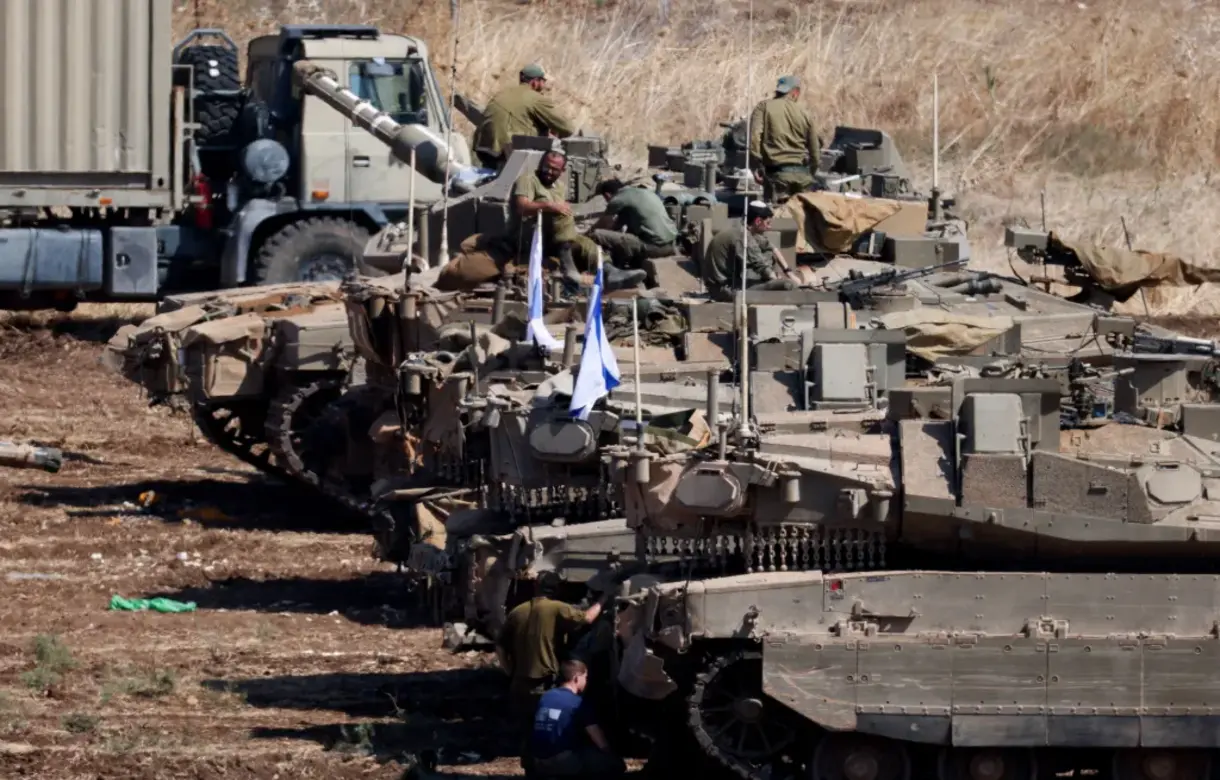
Latest world news
Moscow says no word from India on stopping Russian oil purchases
Russia says it has received no confirmation from India on stopping Russian oil purchases, despite Donald Trump’s claim that the move was part of a new India-US trade deal.
India News
Markets surge as Nifty jumps 750 points after India-US trade deal
Indian equity markets rallied sharply with Nifty and Sensex posting strong gains after the India-US trade agreement announcement.
Latest world news
Trump announces trade deal with India, claims New Delhi will stop buying Russian oil
Donald Trump announces a trade deal with India, reducing US tariffs to 18 per cent and claiming New Delhi will halt Russian oil purchases.
-

 India News13 hours ago
India News13 hours agoThree sisters die after jumping from ninth floor in Ghaziabad
-
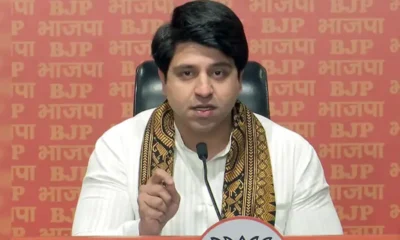
 India News13 hours ago
India News13 hours agoBJP spokesperson Shehzad Poonawalla’s mother injured in hit-and-run incident in Pune
-

 Latest world news13 hours ago
Latest world news13 hours agoMoscow says no word from India on stopping Russian oil purchases
-

 India News13 hours ago
India News13 hours agoUS tariff cut to 18% is positive signal for Indian exporters, says Sitharaman
-
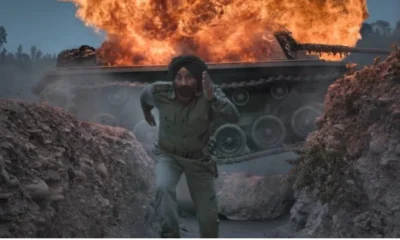
 Entertainment9 hours ago
Entertainment9 hours agoBorder 2 box office collection day 12 crosses Rs 286 crore, eyes Rs 300 crore milestone
-

 India News6 hours ago
India News6 hours agoPresident’s Rule revoked in Manipur as NDA set to form new government
-

 India News3 hours ago
India News3 hours agoPM Modi skips Lok Sabha reply as protests force repeated adjournments

